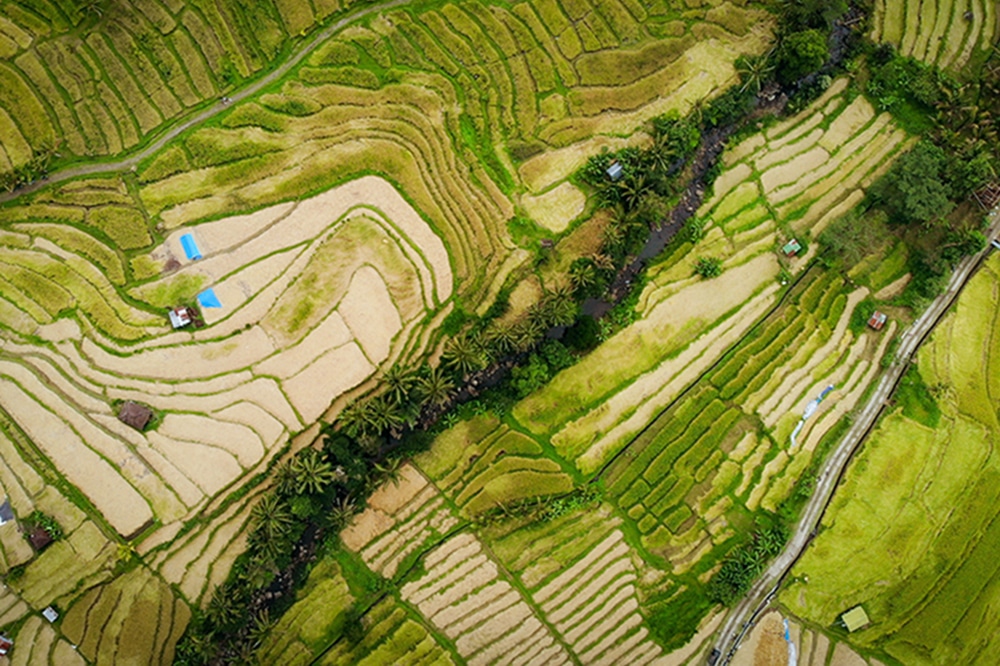MEPs passed a new law anti-deforestation, with rules aimed at protecting climate and biodiversity. They oblige companies to ensure that products sold in the EU have not led to deforestation and forest degradation.
The law will apply to cattle and commodities such as cocoa, coffee, palm oil, soy, wood, rubber, charcoal and printed matter. Also added are products made from relevant commodities such as chocolate, furniture, leather.
There are also additional requirements related to human rights and the rights of indigenous peoples.
The text does not impose bans on countries or goods, but companies will only be allowed to sell products in the EU if the supplier of the product concerned has submitted a due diligence declaration confirming that the product does not come from land that has been subject to deforestation and that its production has not led to the degradation of forests, including irreplaceable virgin forests, after 31 December 2020.
As requested by the European Parliament, companies will also have to certify that the products comply with the relevant legislation of the country of production, including in the field of human rights, as well as that the rights of the affected indigenous population are respected, reports the press center of the EP. The European Parliament also provided a broader definition of forest degradation, which includes the conversion of primary forests or naturally regenerating forests into forest plantations or other forested land.
Through an objective and transparent assessment, the European Commission will classify countries or parts of them into risk categories – high, standard or low risk, within 18 months of the entry into force of this regulation. Products from low-risk countries will be subject to a simplified due diligence procedure. The share of operator checks depends on the country’s risk level – 9% for high-risk countries, 3% for standard-risk countries and 1% for low-risk countries.
Competent EU authorities will have access to relevant information provided by companies, such as geolocation coordinates, and will carry out checks using satellite tracking tools and DNA analysis to verify where products come from. Penalties for non-compliance should be proportionate and dissuasive. The maximum fine must represent at least 4% of the total annual EU turnover of the offending operator or trader. The new law was passed with 552 votes in favor, 44 against and 43 abstentions.









